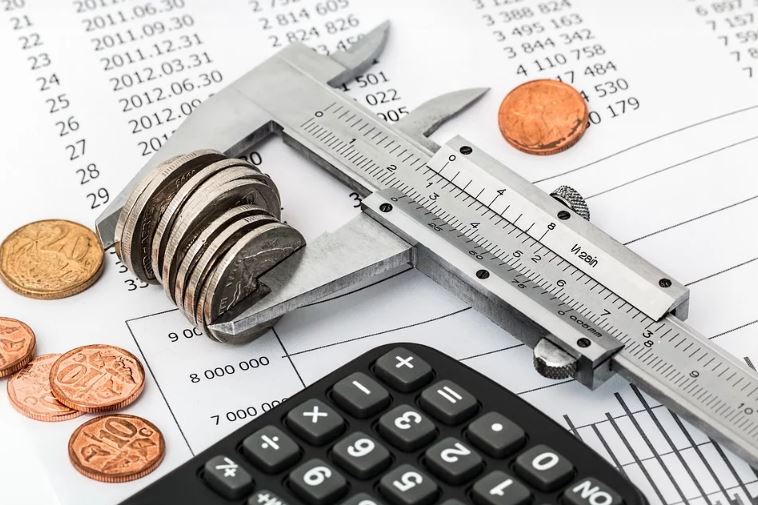
Managing your finances is a very important life skill that you ought to learn and yet at the same time it is the most difficult one. Budgeting helps you prioritize your expenses so you have more liberty in your spending. Planning will allow for savings too so you can secure your future without sacrificing too much of the present. If you need some tips, read on.
Flexible Budget
Work out your monthly outlay and income to create a budget. If your income minus outgoing is positive, it indicates you are on the safe side. Creating hardline budget rules such as never eating out or never shopping is not a good option.
Instead, create a flexible budget with a fixed amount of money for your food and shopping. You can use this opportunity to inculcate positive habits in yourself for example, cooking more often and doing your own laundry.
Keep Track of Your Advancement
Observe your own spending patterns. It will help you work out your weaknesses in next month’s budget plan. If you are married, sit together with your partner and talk about how you are progressing.
Think about how you can cut off your expenses to start saving for big purchases such as your dream car or house.
If you are just getting started with budgeting your income, then give yourself a limited amount for unbudgeted spending. Also, if you are struggling with creating an effective budget, head on over to Jump Man Jump to learn more useful tips when it comes to managing your finances.
Stop using credit cards
Drop your credit cards, put them away or do whatever you need to to stay away from them! Using credit cards only increases your expenses while your income stays constant.
Instead, use debit cards or even cash if necessary. When you don’t have to pay 10% of your income as an interest to credit card payments, you will be saving money for your future expenditures.
Prioritize your Needs
Categorizing your needs will help you track where your money is going. First of all, pay off your debts; then manage the rest of the money in your basic necessities including food, utilities, house rent and transportation. Once you are done with that, you can spend the rest of the money on other needs such as eating out, dry cleaners or shopping.
If you cannot afford to save a big amount of your income, at least put a fragment of it aside.
Save a small amount of money for unexpected occasions so that you don’t have to cut off on your basic needs to fulfill sudden needs.
Use Tools to Manage
There are plenty of tools available for you to keep a record of your money; buy a notebook, use an app or buy an online cloud-based software.
Use whatever suits you best to log where your money is coming from and where it is going. Insert your bills, shopping and utilities in so that you can look back to analyze your budget and adapt accordingly if necessary.
Ideally your budget deficit should be zero and if you see any areas which can be shaved off, you can do so.
Sometimes budgeting can be hard but keep at it. With the tips above you will be able to get a better grip on your money.
You may be interested in: Content or design: which one is more important for your blog?

